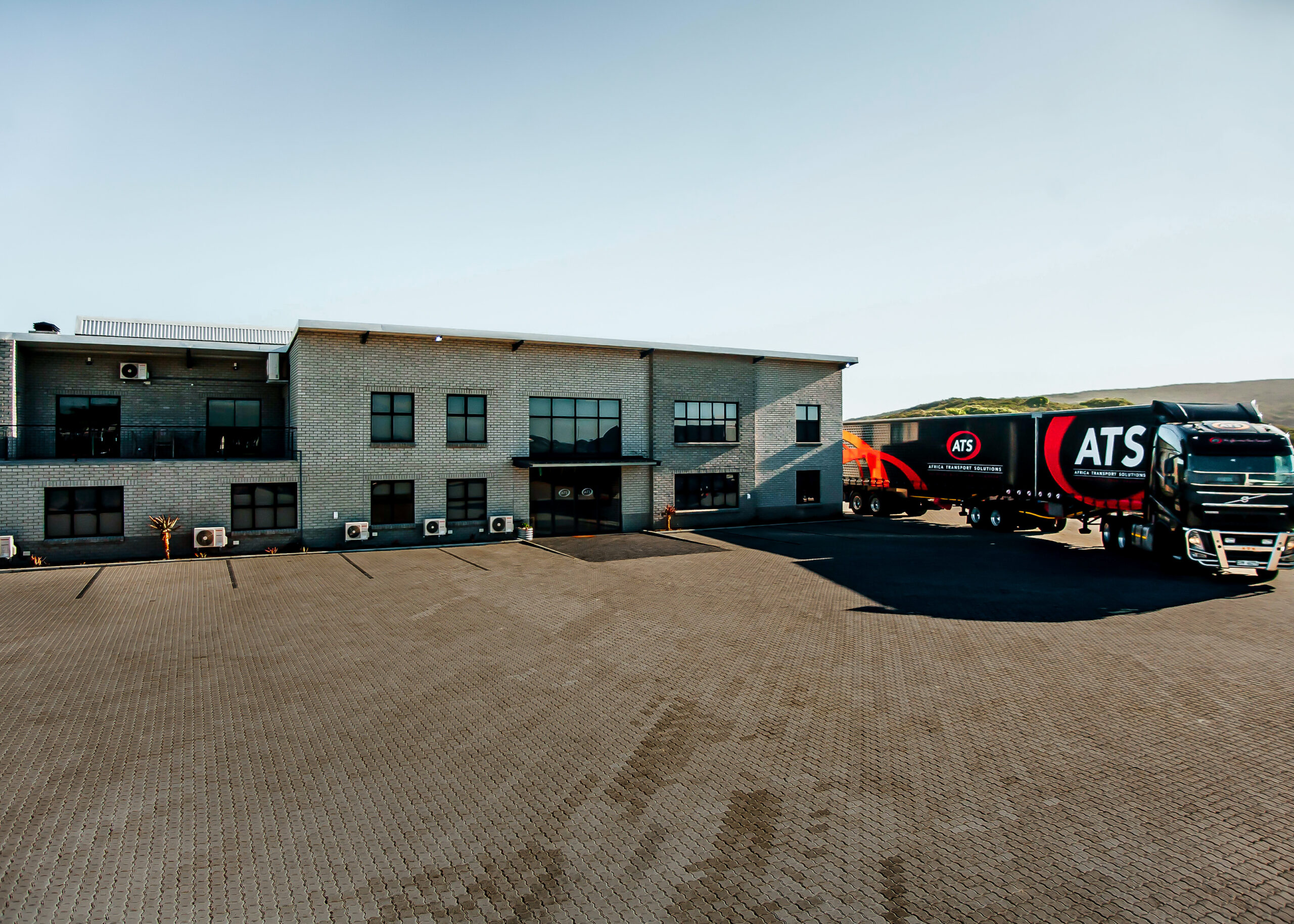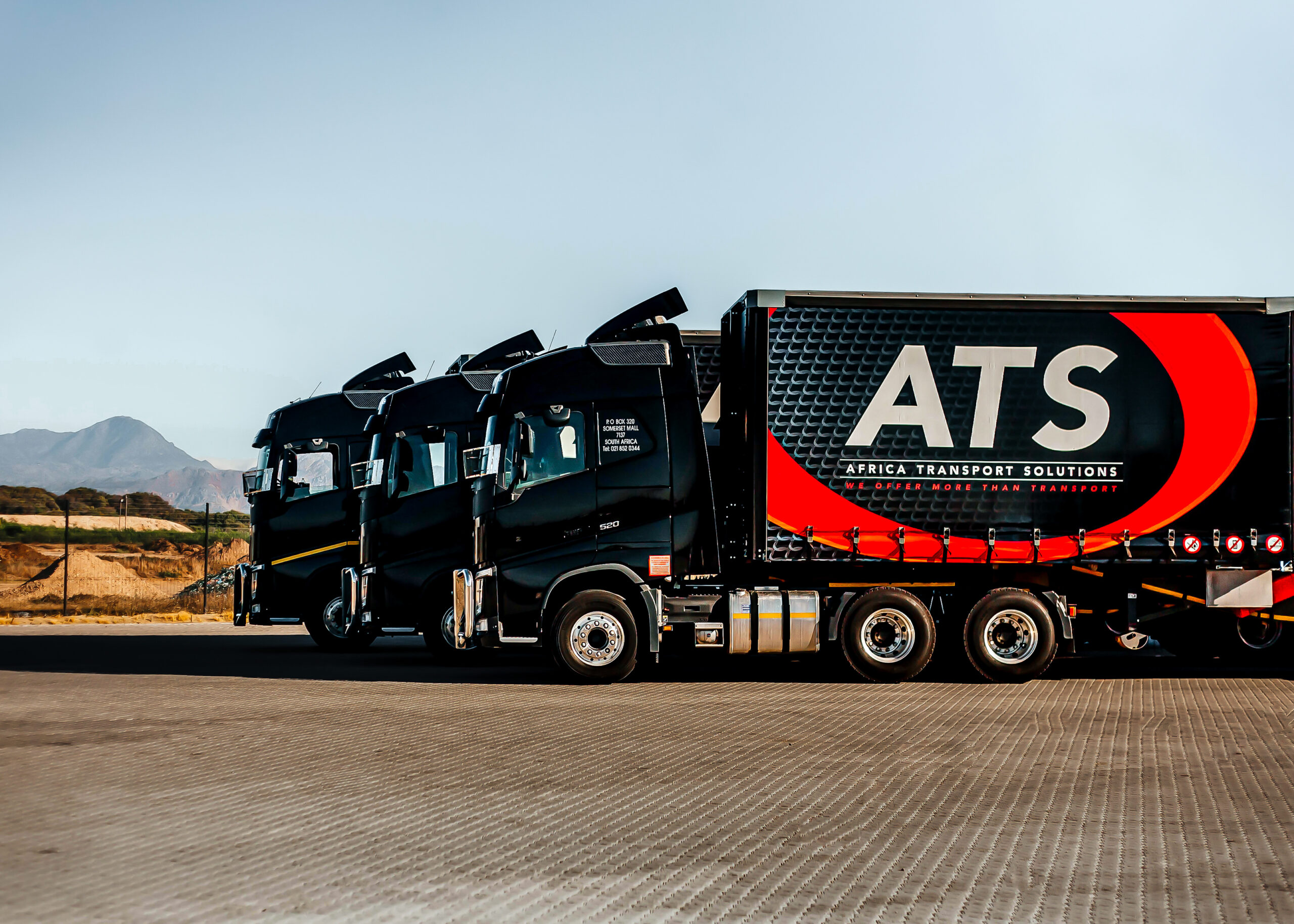
As businesses expand across provincial lines and national borders, reliable logistics become essential. That’s where regional cargo delivery solutions prove their value. These services specialize in transporting freight across defined trade corridors, ensuring timely, safe, and compliant deliveries. From Johannesburg to Windhoek or Durban to Lusaka, regional logistics providers bridge the gap between origin and destination with strategic planning and local expertise. For companies growing beyond their home base, regional delivery is the foundation of scale.
Unlike national-only logistics, regional delivery systems address cross-border dynamics, including customs delays, infrastructure inconsistencies, and regulatory differences. Professional logistics providers build networks designed for this complexity—using bonded warehouses, multilingual support, pre-clearance processes, and strategic handoffs. These systems allow freight to cross multiple jurisdictions without compromising on delivery speed or cargo integrity. The result is a smooth, coordinated transport flow that customers can trust.
Efficient regional freight depends on the use of regional hubs. Major centers like Johannesburg, Durban, and Cape Town serve as critical launch points, while secondary hubs in Gaborone, Harare, and Maputo act as regional consolidation and distribution centers. Logistics firms leverage these hubs to consolidate cargo, improve container utilization, and cut delivery costs. When freight is routed through hubs with efficient handling systems, the result is faster turnaround times and higher delivery reliability.
Modern cargo solutions often combine trucking with rail or air for optimal speed and pricing. For example, high-value or time-sensitive freight may travel by air from Cape Town to Harare, then by truck to Lusaka. Logistics partners build these routes based on transit speed, cost, and cargo type—offering clients flexible options depending on urgency and budget. Multi-modal logistics delivers both resilience and choice.

Moving freight between countries means managing varying rules on customs documentation, import/export duties, and transportation permits. Regional logistics providers handle this with deep local knowledge, strong government relationships, and digital document management systems. This approach eliminates costly delays and prevents avoidable fines or seizures. By managing compliance, these companies protect your cargo and your credibility in foreign markets.
Businesses need transparency—especially when managing deliveries across 3–4 countries. That’s why top-tier providers offer digital dashboards, real-time tracking, driver status reports, and electronic proof of delivery. These tools reduce disputes, improve service reliability, and help companies meet compliance audits or SLA reporting requirements with confidence.
In today’s competitive logistics landscape, regional reach defines business potential. Companies that deliver on time across Southern Africa gain trust, retain contracts, and expand market share. Regional cargo delivery solutions offer that reach. They deliver flexibility, speed, compliance, and visibility—empowering clients to scale confidently.

Choosing the right regional logistics partner is about more than delivery. It’s about finding a team that matches your growth goals, understands your industry, and offers tailored solutions. Whether you’re a B2B supplier, an e-commerce business, or a global exporter, the right partner will optimize your regional presence and move your freight as if it were their own.